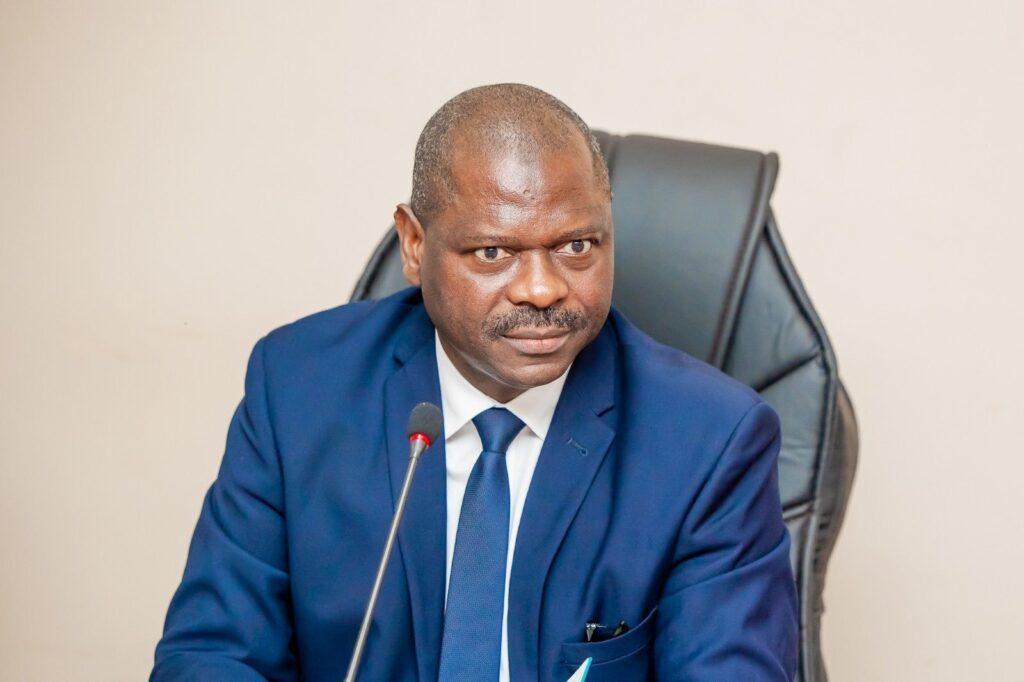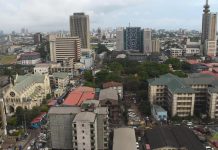Africa-Press – Gambia. The Minister of Finance and Economic Affairs, Seedy Keita, on Friday presented The Gambia’s D36 billion national budget estimates for 2026 before the National Assembly.
The government outlined spending priorities aimed at improving living standards despite growing concerns over debt and rising recurrent costs.
Presented under the theme “Improving the Well-Being and Quality of Life of Gambians,” the budget seeks to balance economic growth with fiscal discipline. Minister Keita told lawmakers that the government remained committed to sound financial management, efficient service delivery, and ongoing economic reforms to sustain stability.
He revealed that government revenue for 2026 is projected at D35 billion, sourced mainly from taxes, grants, and non-tax income. However, expenditure is expected to surpass revenue, reflecting persistent pressures from the public wage bill, subsidies, and debt servicing.
A substantial share of the budget is earmarked for salaries, promotions, and new recruitment across the public sector. Lawmakers raised concerns that the expanding wage bill continues to limit fiscal flexibility. Debt repayment also remains a major burden, accounting for nearly one-third of total spending—an issue that has reignited debate about whether the country’s resources are overly tied to past obligations rather than new development.
Despite these challenges, the minister said the government would maintain strong investment in key social sectors such as education, health, and agriculture. Together, these sectors will receive nearly one-fourth of total expenditure, with agriculture seeing its largest allocation in a decade as part of efforts to strengthen food security and boost rural livelihoods.
Mr. Keita also announced plans to expand Program-Based Budgeting (PBB), a system that ties public spending to measurable results and improved accountability. He emphasised that fiscal discipline and transparency would remain central to government operations in the coming year.
While the outlook points to steady economic growth in 2026, the minister acknowledged continued challenges posed by rising debt, volatile global markets, and climate shocks. For many Gambians, however, the pressing concern remains the high cost of living and unemployment.
As the National Assembly prepares to debate the 2026 budget, public attention will focus on whether it can deliver real economic relief or repeat the familiar struggle between ambition and affordability. Lawmakers have been given time to review the document ahead of the formal debate, which is scheduled for Wednesday, 19th, and Thursday, 20th November 2026.
For More News And Analysis About Gambia Follow Africa-Press






